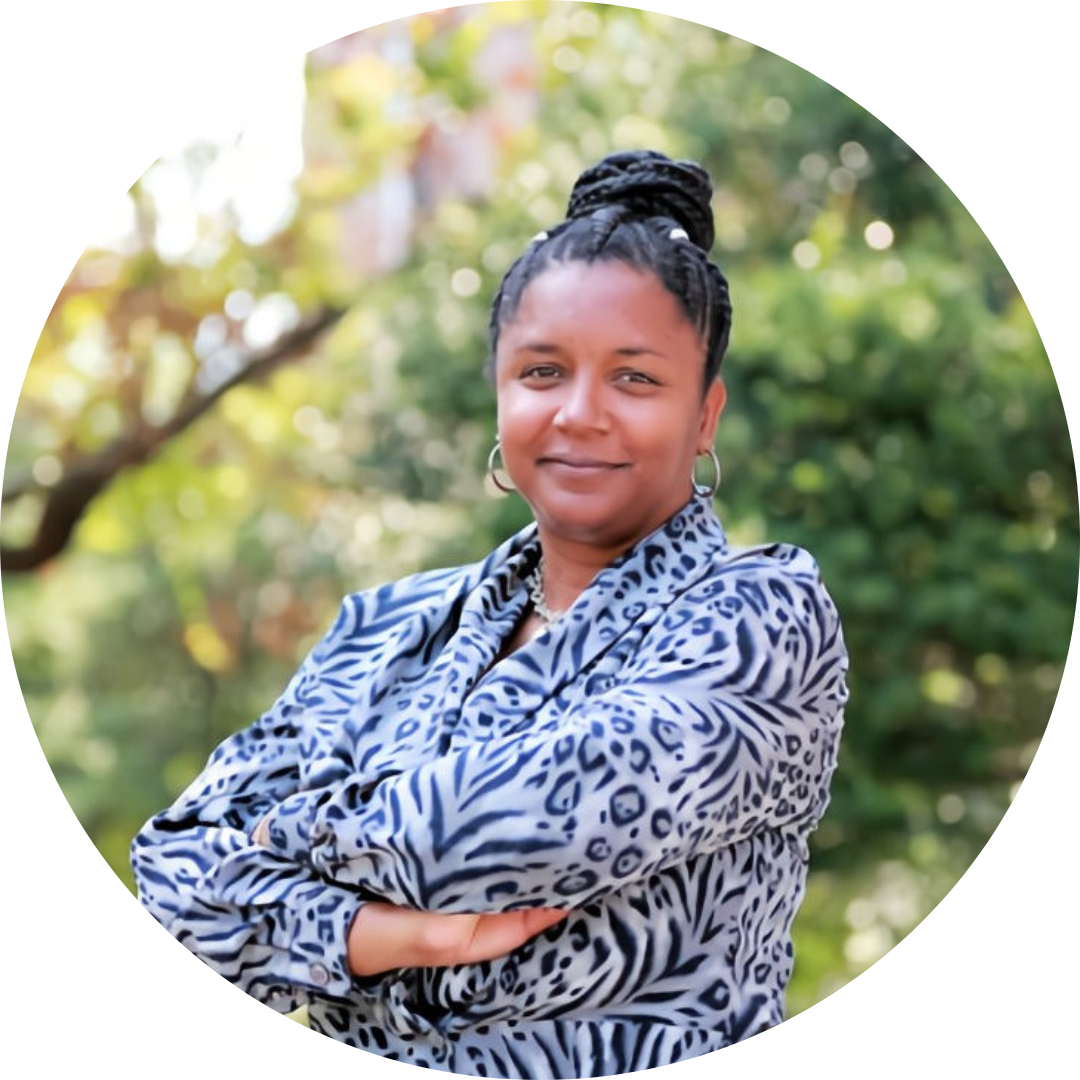Is Language Subordination Lurking in Your Classroom?

As a multilingual speech-language pathologist and avid traveler, I am passionate about intercultural communication and the ways that diverse groups connect through language. Over the course of my career, I have had the opportunity to work in France and Japan, study in Puerto Rico, Mexico, and Costa Rica, and visit over two dozen countries in all. I am always eager to learn new words that connect me to diverse cultures of the world, thus language is centered in many of my endeavors. While not everyone holds this penchant for all things linguistic, it is important to examine what happens when language—a process that is central to learning—is overlooked.
In recent years, many efforts have been implemented to create culturally responsive classrooms and schools. While concerted strategies of this nature are to be applauded, it is unfortunate that language is often not a central component of such efforts. Since culture and language are so closely intertwined, any effort that addresses culture without fully considering language will fall short of creating an inclusive environment. In fact, when left unchecked, language subordination derails many efforts to promote cultural diversity.
“Since culture and language are so closely intertwined, any effort that addresses culture without fully considering language will fall short of creating an inclusive environment.”
Language subordination is a process by which nonmainstream varieties of a language are systematically discounted. Through this process, nonmainstream dialects are positioned as ineffective, invalid, and uneducated when compared to the so-called “standard” dialect of that language (Lippi-Green, 2012). A monolingual instructional framework is a framework that upholds the prestige dialect of the preferred language as the only valid language within the instructional environment. Within a monolingual instructional framework, language subordination extends to the systematic exclusion of diverse languages from the classroom. This exclusion results in the positioning of the instructional language as the only “correct” way of engaging within a space or an institution. This process can even have implications that extend to entire nation states in the absence of an official language (such as is the case in the U.S.).
Language subordination frequently goes undetected. This is because language is often excluded from protected aspects of cultural identity such as race, class, gender identity, sexuality, age, ethnicity, etc. However, each of these aspects of our identities is encoded into the language we use. In many cases, we can glean information about the identity of others based on their speech and language. At face value, our ability to do this is neither positive nor negative; but, when it is tied to social stigmas, stereotypes, and racist ideals, it perpetuates harm (see for instance the Ted Talk on Linguistic Profiling by John Baugh). Thus, language-based discrimination undermines the work being done to create safe and culturally sustaining classrooms.
Subtractive bilingualism refers to the process of promoting students’ fluency in the instructional language without fostering continued development in their heritage languages. Educational programs centered on subtractive bilingualism directly contribute to the marginalization of bilingual and multilingual learners by sending a clear message that students’ full cultural-linguistic identities do not belong within schools. Additionally, it suggests that the language they use at home is not directly associated with learning and knowledge. This not only damages students’ identities but also their connection to their loved ones and the communities to which they belong. Finally, the exclusion of heritage languages from the classroom is detrimental to learning. Research indicates that building upon existing knowledge in the first language, particularly in the area of literacy, directly benefits learning in subsequent languages (Ford, 2015).
“The exclusion of heritage languages from the classroom is detrimental to learning.”
The erasure of nonmainstream dialects from the educational arena is another factor that contributes to the silencing of minoritized voices in the classroom. Nonmainstream dialects such as African American English are typically treated as “incorrect” versions of the so-called “standard” dialect. Rather than being recognized and validated as complex, rule-governed linguistic codes, they often remain unnamed. Instead of instructional support, nonmainstream dialect-speaking students are subjected to “corrective” efforts that erase and replace their heritage dialect. This process is, at times, accomplished by pathologizing speakers of nonmainstream dialects and subsequent remediation within special education or speech-language therapy programs. Failure to build upon pre-existing knowledge positions culturally and linguistically diverse students at a disadvantage.
The key implication of language subordination in the classroom is that it bolsters deficit perspectives and theories about the minoritized youth who do not meet standards that are steeped in mainstream cultural-linguistic perspectives. In many cases, these derived deficits (e.g., the Word Gap) serve as the impetus behind educational initiatives designed to “fix” students who do not “measure up.” Rather than examining and addressing the myriad ways in which educational systems do not build upon the knowledge and experiences that minoritized students bring to school, many systems place the onus on minoritized students for failing to access educational content that was not designed to be accessible to them in the first place. Over-reliance upon standardized measures which uphold and reinforce the cultural-linguistic values of mainstream populations, is also problematic as these often reinforce notions of deficit.
Additional factors that contribute to language subordination in schools:
- Limited diversity within the speech-language pathology profession. Approximately 8% of those in the profession can deliver services in at least one language other than English (American Speech-Language-Hearing Association, 2022).
- Limited availability of educational programs that foster bilingualism.
- Inconsistent multicultural and/or linguistic training for educators and speech-language pathologists within post-secondary programs of study.
- Educators’ and speech-language pathologists’ negative perceptions of nonmainstream dialects and their speakers (Latimer-Hearn, 2019; Lippi-Green, 2012).
Eight strategies to counter language subordination in the classroom:
- Revisit and reexamine de facto and de jure policies that silence students and lead to disparate outcomes for historically marginalized populations.
- Create regular opportunities for students to use their authentic voices.
- Avoid tone-policing and penalizing the use of various linguistic codes.
- Use materials, books, and resources that highlight the richness of nonmainstream dialects and diverse languages.
- Invite caregivers and community members to share practices and read books in their heritage language(s).
- Examine your own biases about language and language variation.
- Promote translanguaging, or the mixing of different languages within a communicative exchange among bilingual or multilingual learners (Freeman and Freeman, 2017).
- Identify resources and opportunities for maintenance and continued development of the students’ heritage languages.

Five resources to foster more culturally sustaining environments
The Culture We Speak Podcast and Facebook Community: On this platform, we decenter mainstream gaze and host discussions examining the intersection of culture, language, and education. We also offer resources to improve educator effectiveness in serving global majority populations. The Facebook Community shares resources to foster further learning and discussion about topics covered on the podcast.
Decolonize SLP: A grassroots organization that seeks to increase equity, diversity, justice, inclusion, and accessibility in speech-language pathology. Our goal is to improve the relevance of services, and therefore outcomes, for those we serve.
REACT Initiative, Inc.: REACT Initiative, Inc. is a nonprofit organization that addresses barriers impeding the educational access and success of individuals from historically marginalized populations. We identify and address unjust educational practices while contributing to the continued development of professionals serving diverse populations. In recent years, we have partnered with clients in Mauritius, Burkina Faso, and Canada to establish programs offering educational support services and/or training addressing anti-Black racism.
Respect the Dialect Online Community: Respect the Dialect exists to raise awareness and offer continuing education on issues pertaining to African American English and its use in educational and professional settings. This forum offers resources and support for speech-language pathologists, educators, and other professionals who serve AAE-speaking populations.
You’re Wrong About…The “Ebonics” Controversy: In this episode, Mike tells Sarah how a simple idea in a single school district became a national racial panic with guests Dionna Latimer-Hearn and Daniel Russell.

Dionna Latimer-Hearn has served as a multilingual speech-language pathologist and educational consultant and has held positions in France, Illinois, Japan, Maryland, and Texas. She currently provides consultative support and professional development for organizations globally. She is the founder and director of REACT Initiative, Inc., a nonprofit organization advocating for equity in education. Dr. Latimer-Hearn is also the host of The Culture We Speak Podcast which examines the intersection of culture, language, and education. She is the recipient of a number of awards including the inaugural Clinician of the Year Award presented by the National Black Association for Speech-Language and Hearing. For more information or to connect, please visit www.dlhearn.net or linktr.ee/dlhearn
Share this post

